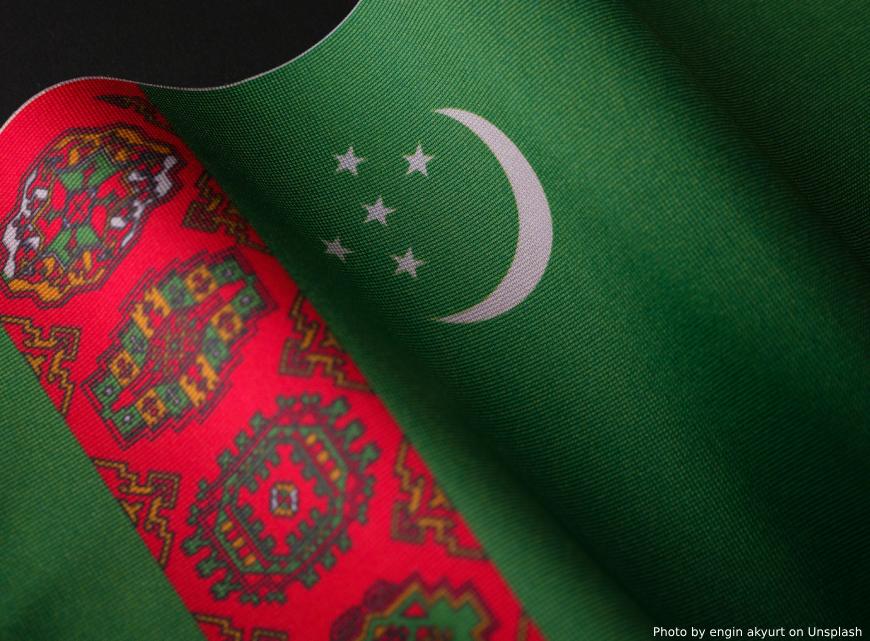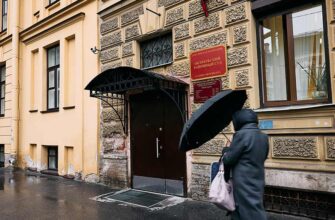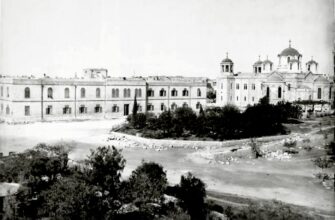It is wide known, thay Turkmenistan is one of the key driving forces in the development of Caspian cooperation (between Azerbaijan, Iran, Kazakhstan, Russia and Turkmenistan). For this purpose, the main tourist base of the country – Avaza – on August 11-12 this year will become a platform for intensive negotiations.
But can the country, in its real political and economic situation, strengthen Turkmenistan position in the world and among other countries of the Caspian region? With this question, we came to a professional who recently completed a large-scale study of the Turkmen political and economic situation. Chris Weafer, Senior Partner at “Macro-Advisory Ltd”, kindly informed E-Vesti readers.
EV: Mr. Weafer, do you see any possibilities for Turkmenistan in developing Caspian regional collaboration?
Chris Weafer: This will be a very slow process, partly because all other countries in the region have their own domestic priorities and partly because of a legacy of difficult relations with investors.
Turkmenistan, in particular, will not just be able to close the chapter of history where it was a difficult country in which to do business and suddenly open a a new chapter where it is friendly and convenient for investors. That is not possible and will take many years of steady improvement in economic, social and business conditions for investors and visitors to start coming to Turkmenistan
The other issue for Turkmenistan is the poor state of the economy and the shortage of investment capital and of foreign capital in particular. This will act as a considerable barrier to growth – the World Bank, IMF or Asian Development Bank are not exactly queuing at the border offering to give Turkmenistan money – Ashgabat has a lot of catching up in terms of engagement with international organisations to do before it may benefit from the sort of loans and grants that, for example, its neighbour Uzbekistan is getting
But, Turkmenistan does have some advantages it can build on:
- it has a border with Iran and Iran is very keen to try and broaden its trade and investment partnerships with its neighbouring countries in order to compensate for the US sanctions. This can help Turkmenistan develop a closer trade and investment relationship with the much bigger southern neighbour. This is already started and will grow. Turkmenistan is a beneficiary of US sanctions against Iran.
- Turkmenistan has huge gas and mineral resources. It has already agreed several large deals with Asian investors to develop petrochemical plants and to extract minerals and it could continue to do more such deals
- Turkmenistan is very well placed on the Caspian and in the Central Asia region…it has borders with several other states and that means it should be a vital route in the expanding Chinese Belt and Road Initiative and in the planned North South Transport Corridor. This will help it develop a major port handling and logistic business and eventually help with regional integration
EV: How do you see, if Caspian project is realized, will Europe increase collaboration with Turkmenistan?
Chris Weafer: It very much depends on whether Turkmenistan eventually manages to build a gas pipeline across the Caspian and starts to export gas to the EU. If Turkmenistan becomes an important gas supplier to the EU then Brussels will be a lot more interested in expanding cooperation with Turkmenistan . We have seen this with Azerbaijan…the relationship is based on energy exports but has slowly expanded to cover a broader trade agreement and political contacts.
If Turkmenistan does not manage to start exporting gas to the EU…in meaningful volumes …then the EU will not be very interested in working with Turkmenistan. It will remain just another country on the wrong side of the Caspian.
So, building the gas export pipeline across the Caspian will be key to whether Ashgabat can eventually build a relationship with Brussels or not. The reality is that Ashgabat’s best chance for improved trade, investment relationships is with Tehran and, after the recent Gazprom deal, with Moscow.





